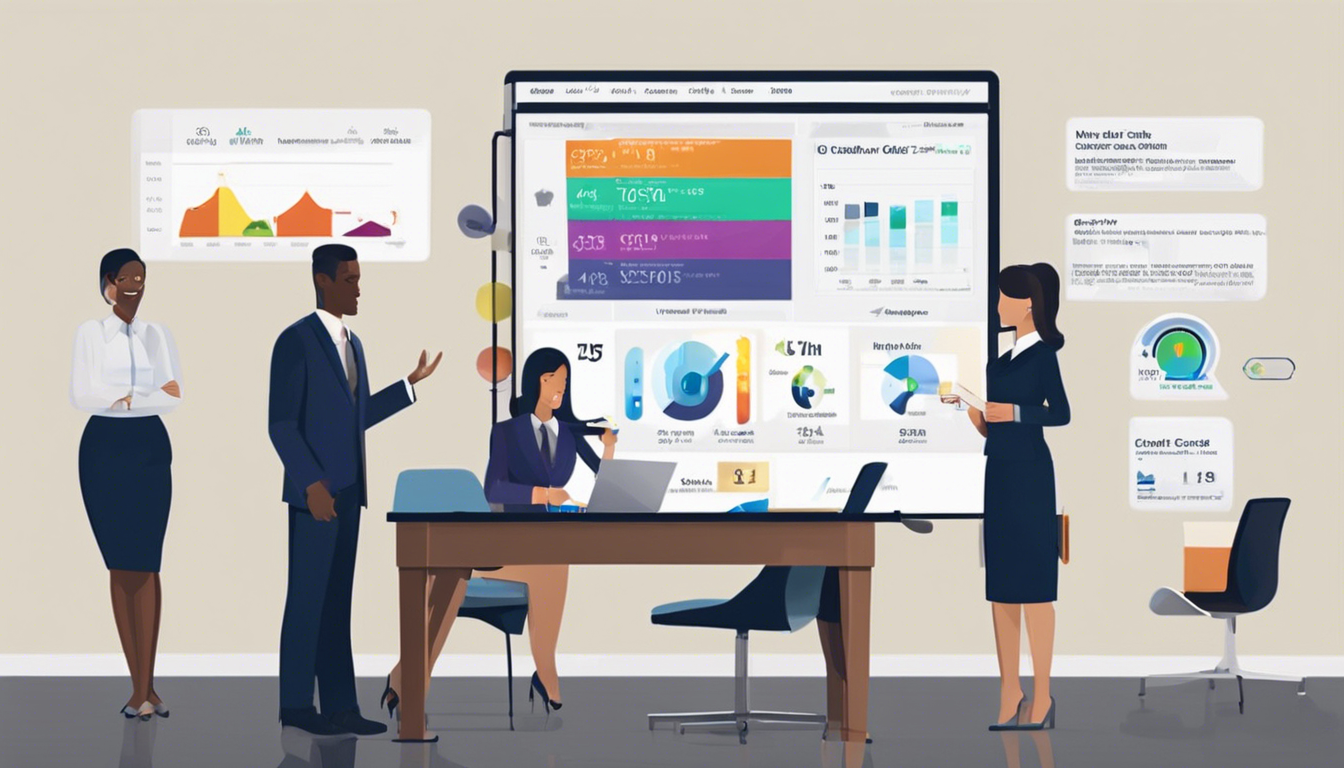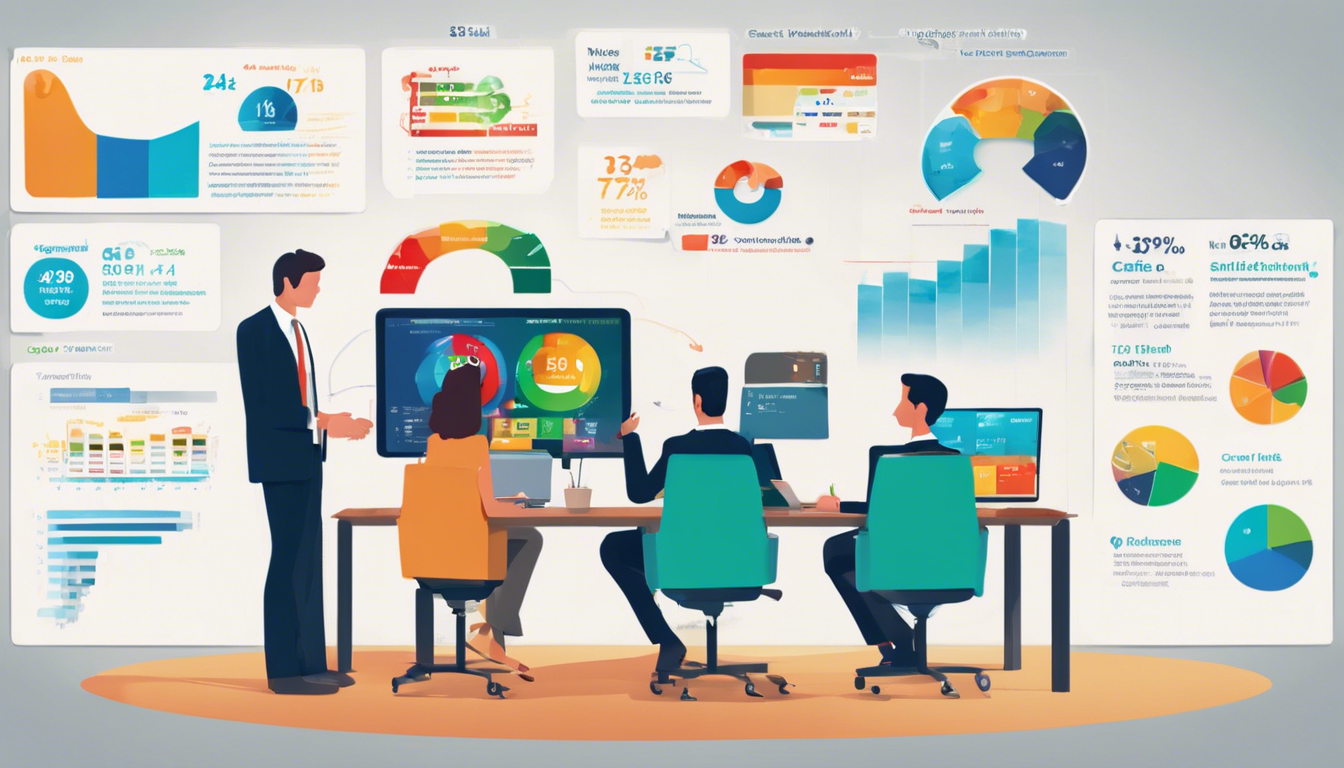Credit assessment is becoming essential in the modern financial landscape, where it plays a key role in determining an individual or a business’s ability to meet its obligations. Like a thorough examination, it scrutinizes financial health to reveal risk patterns that are often invisible in current reports. With the rise of technologies, the use of AI generates more accurate analyses, ensuring informed and responsible credit decisions.
Credit Assessment: Credit assessment is a crucial process of analyzing the capacity of a person or a business to repay its debts. This mechanism has become fundamental in determining access to credit, whether for an individual looking to buy a house or a business wishing to finance expansion projects. This process relies on financial data and detailed reports that reveal potential risk patterns.
Credit Risk: Credit risk is the likelihood that a borrower will fail to meet their financial obligations. Financial institutions, during credit assessment, meticulously examine the risks associated with each loan request to minimize potential losses. Scoring models (credit scores) are commonly used to evaluate the reliability of borrowers, taking into account various criteria such as credit history, income, and current liabilities.
Credit Analysis: Credit analysis is a comprehensive evaluation of the ongoing or future business relationship with a customer. This process requires an exhaustive compilation of financial and legal data to gauge the strength of an individual or business’s credit profile. An effective credit analysis will identify potential areas of risk and outline appropriate credit terms to limit risk exposure.
Credit Rating: Credit rating is a measure of the financial risk assessment of an individual or a business. Credit scores, calculated by specialized agencies, indicate a borrower’s propensity to honor their debts. A good credit score makes access to borrowing easier and generally under more favorable terms, while a low rating can limit financing options.
Roles of AI in Credit Assessment: Artificial Intelligence (AI) plays an increasingly prominent role in enhancing credit assessment, reducing biases and limitations of traditional methods. Sophisticated AI-based tools analyze vast amounts of available data to produce more accurate and unbiased evaluations. This leads to fairer credit decisions and expands access to credit across various sectors.
Credit Assessment in Fintech: With the rise of fintech, new approaches to credit assessment are emerging. Innovative fintechs, as described in these fintech cards, are revolutionizing the industry by offering debt-free credit scores, providing an alternative perspective to traditional credit analysis.
Guarantees for Responsible Assessment: With the growing importance of credit and alternative financing, the demand for authentic guarantees is rising, particularly for subjects like carbon credits. Buyers are now more vigilant about the authenticity of credit tools, reinforcing the need for reliable and transparent credit risk assessments.

Table of Contents
ToggleFAQ – Understanding Credit Assessment
Q: What is credit assessment?
R: Credit assessment is a process that analyzes the capacity of a person or a business to repay their debts, directly influencing access to new credit.
Q: Why is it compared to an MRI of finances?
R: Credit assessment works like an MRI of finances, revealing risk patterns that may not be spotted by traditional financial reports.
Q: What role does AI play in this field?
R: Financial institutions adopt AI to enhance credit assessment, thus overcoming biases and limitations of traditional methods.
Q: What are the benefits of credit assessment?
R: Credit assessment presents benefits for consumers and providers, with the potential to promote more responsible and risk-adjusted lending.
Q: What elements are considered in credit analysis?
R: To build a credit analysis file, it is essential to gather all relevant financial and legal data.
Q: How are credit scores calculated?
R: Credit scores are calculated based on various financial elements such as payment history, debts, and credit utilization.
Q: What must a bank check before granting credit?
R: A bank must check the reliability of the credit file, ensuring that all financial and legal information is justified and up-to-date.





